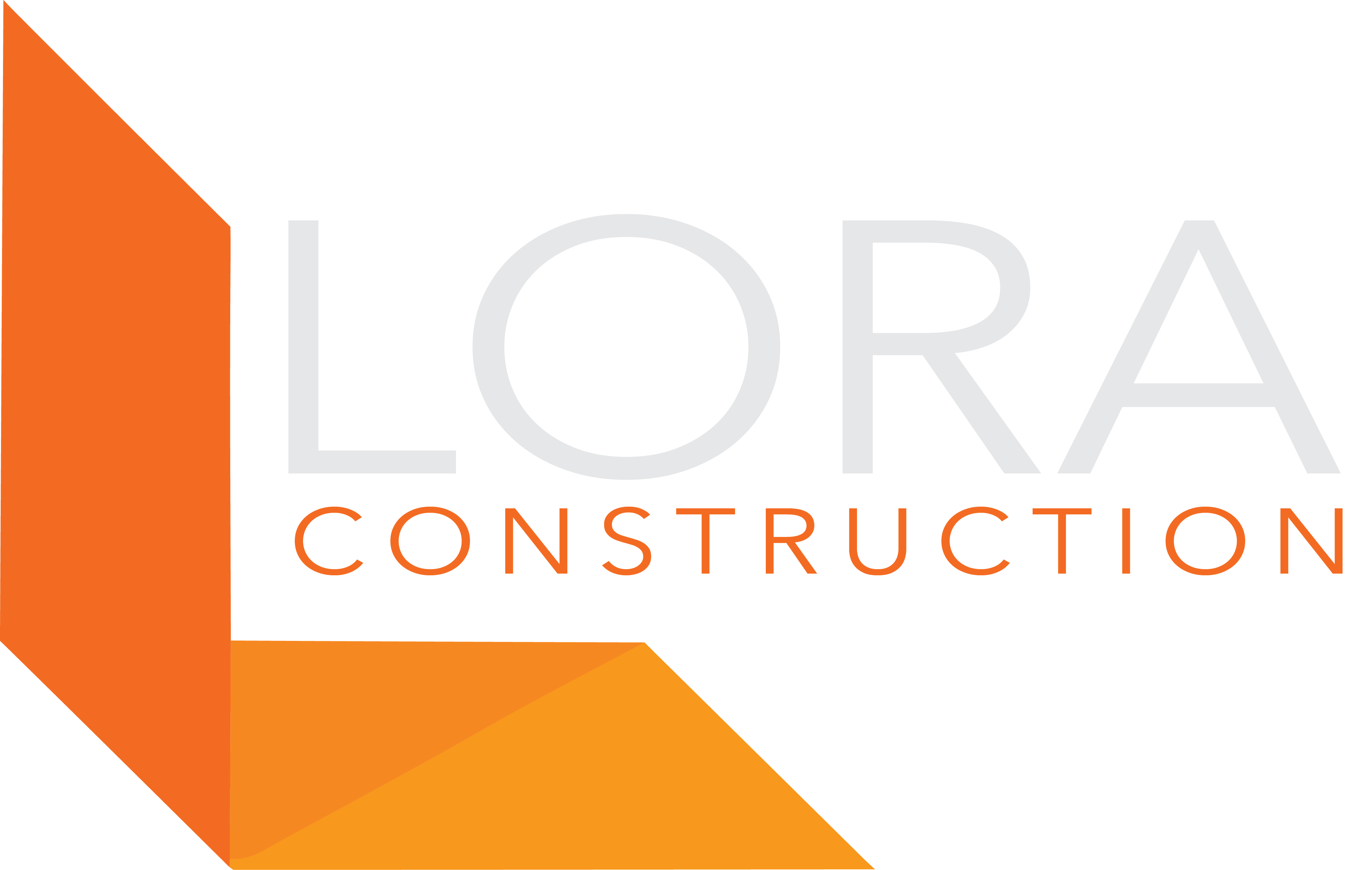Navigating Permits and Regulations for Commercial Renovation Projects
Undertaking a commercial renovation project involves much more than just choosing materials and designing layouts; it requires careful navigation of permits and regulations. Ensuring compliance with local building codes, zoning laws, and safety standards is crucial for a successful renovation. For businesses in the Greater Toronto Area, understanding the regulatory landscape can help avoid costly delays and legal issues. Here’s a comprehensive guide to navigating permits and regulations for your commercial renovation project.
- Understanding the Permit Process
The permit process is a fundamental aspect of any renovation project. It involves obtaining official authorization from local authorities to ensure that your renovation complies with building codes and regulations. Here’s how to approach it:
- Research Local Requirements: Different municipalities have varying requirements for permits and regulations. Start by researching your local building department’s guidelines and requirements for commercial renovations.
- Identify Required Permits: Determine which permits you need based on the scope of your renovation. Common permits include building permits, electrical permits, plumbing permits, and HVAC permits. Larger projects might require additional approvals, such as environmental permits or fire safety permits.
- Preparing for Permit Applications
A well-prepared permit application can streamline the approval process and reduce the likelihood of delays. Follow these steps:
- Gather Documentation: Collect all necessary documentation, including detailed renovation plans, architectural drawings, structural assessments, and specifications for materials and systems. Ensure that these documents are prepared by licensed professionals, such as architects or engineers.
- Submit Plans for Review: Submit your renovation plans to the local building department for review. This may involve multiple stages of approval, including initial reviews, revisions, and final approvals.
- Pay Fees: Be prepared to pay permit application fees, which vary depending on the type and scope of the project.
- Compliance with Building Codes
Building codes are standards set by local governments to ensure safety, health, and structural integrity. Compliance with these codes is mandatory:
- Review Code Requirements: Familiarize yourself with the relevant building codes for your project. These codes cover aspects such as structural integrity, fire safety, accessibility, and energy efficiency.
- Incorporate Code Requirements into Design: Work with your design and construction team to ensure that all aspects of your renovation meet or exceed code requirements. This includes considerations for load-bearing walls, emergency exits, fire suppression systems, and accessibility features.
- Navigating Zoning Laws
Zoning laws regulate land use and ensure that renovations align with local planning objectives. Key considerations include:
- Check Zoning Restrictions: Verify that your renovation complies with zoning laws, which may dictate the types of modifications allowed, building heights, setbacks, and land use. Some areas have specific restrictions on how properties can be renovated or expanded.
- Obtain Zoning Approvals: If your renovation involves changes that affect zoning compliance, such as expanding the building footprint or altering land use, you may need to obtain special permits or variances from the local zoning board.
- Ensuring Safety and Accessibility
Safety and accessibility regulations are designed to protect occupants and ensure that commercial spaces are usable by everyone:
- Fire Safety Regulations: Ensure that your renovation meets fire safety standards, including the installation of fire alarms, sprinkler systems, and fire-resistant materials. Compliance with fire codes is critical for protecting occupants and property.
- Accessibility Requirements: Follow guidelines set by the Accessibility for Ontarians with Disabilities Act (AODA) or other relevant regulations to ensure that your space is accessible to individuals with disabilities. This includes features such as ramps, accessible restrooms, and clear signage.
- Managing Inspections
Inspections are a key component of the permit process, ensuring that work is completed according to approved plans and codes:
- Schedule Inspections: Coordinate with local authorities to schedule inspections at various stages of the renovation. This may include inspections for framing, electrical work, plumbing, and final occupancy.
- Address Issues Promptly: If inspections reveal issues or non-compliance, address them promptly to avoid delays in the project timeline. Make necessary corrections and request re-inspections as needed.
- Working with Professionals
Navigating permits and regulations can be complex, so consider working with experienced professionals:
- Contractors and Builders: Choose a contractor with experience in managing permit processes and complying with local regulations. A reputable contractor can help ensure that your renovation meets all regulatory requirements.
- Architects and Engineers: Engage licensed architects and engineers to prepare detailed plans and specifications that comply with building codes and zoning laws. Their expertise can help streamline the approval process and avoid potential issues.
- Staying Informed and Updated
Regulations and codes can change over time, so staying informed is essential:
- Monitor Changes: Keep up to date with any changes in building codes, zoning laws, or safety regulations that may impact your renovation project. Regularly check with local authorities for updates.
- Consult Experts: If you’re unsure about any aspect of the regulatory process, consult with legal or compliance experts who specialize in commercial renovations.
Conclusion
Navigating permits and regulations is a critical aspect of any commercial renovation project. By understanding the permit process, complying with building codes and zoning laws, and ensuring safety and accessibility, you can ensure that your renovation is successful, efficient, and compliant with all legal requirements. At Lora Construction, we are committed to guiding businesses in the Greater Toronto Area through the complexities of permits and regulations, ensuring a smooth and compliant renovation experience. Our expertise and dedication to regulatory compliance help ensure that your renovation project meets all necessary standards and achieves your business goals.
